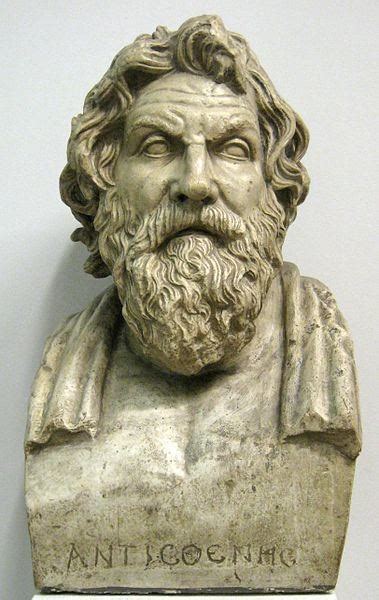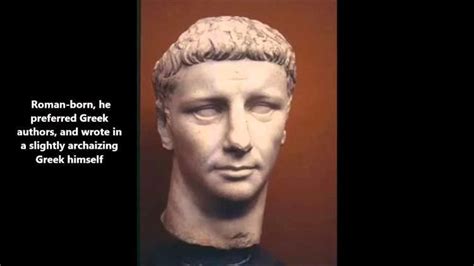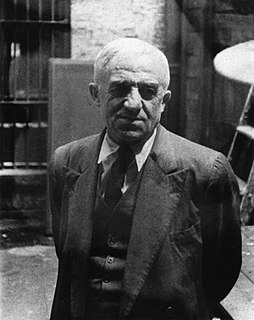A Quote by Plutarch
Plato used to say to Xenocrates the philosopher, who was rough and morose, "Good Xenocrates, sacrifice to the Graces.
Related Quotes
Complaisance, though in itself it be scarce reckoned in the number of moral virtues, is that which gives a lustre to every talent a man can be possessed of. It was Plato's advice to an unpolished writer that he should sacrifice to the graces. In the same manner I would advise every man of learning, who would not appear in the world a mere scholar or philosopher, to make himself master of the social virtue which I have here mentioned.
Plato assumes somehow that government is a way in which you put unselfish and ungreedy men in charge of selfish and greedy men. But government is an institution whereby the people who have the greatest drive to get power over their fellow men, get in a position of controlling them. Look at the record of government. Where are these philosopher kings that Plato supposedly was trying to develop?
Socrates: Have you noticed on our journey how often the citizens of this new land remind each other it is a free country? Plato: I have, and think it odd they do this.Socrates: How so, Plato?Plato: It is like reminding a baker he is a baker, or a sculptor he is asculptor.Socrates: You mean to say if someone is convinced of their trade, they haveno need to be reminded.Plato: That is correct.Socrates: I agree. If these citizens were convinced of their freedom, they would not need reminders.
In the first centuries of Christianity the hungry were fed at a personal sacrifice, the naked were clothed at a personal sacrifice, the homeless were sheltered at a personal sacrifice... And the pagans used to say about the Christians, "See how they love each other." In our own day the poor are no longer fed, clothed, and sheltered at a personal sacrifice, but at the expense of the taxpayers. And because of this the pagans say about the Christians, "See how they pass the buck."








































